The Ultimate Homemade Dog Shampoo Recipe
Owning a pet is an expensive endeavor between food, toys, safety gear, and regular checkups for your dog. In fact, keeping a pet healthy and happy can sometimes feel like it costs you as much as a child would! However, just because you own a dog doesn’t mean you have to do all of your shopping at the local PetSmart or Petco. Take your dog’s hygiene for example. Why waste money on store-bought shampoos when you can make your own?
If you think making your own homemade dog shampoo sounds like a tough chore, it’s time to revisit that thought process. Not only does making your own homemade dog shampoo take just a few minutes of your time, it only requires a handful of everyday ingredients you undoubtedly have around the house already.
Our recipe for the ultimate homemade dog shampoo will save you time and money, but more importantly, it will actually keep your dog smelling clean and fresh. If you have dish detergent and vinegar in the house, you have everything you need to make a powerful homemade dog shampoo.
Dish Detergent and Soap
Liquid soaps are typically used around the home to clean dishes, but what you might not realize is that they are a great option for keeping your pooch clean as well. Dish detergents are specially designed to cut through grease, which means they’re ideal for using in a homemade dog shampoo because they have the ability to wash away accumulated oils on your dog’s skin and coat.
We’re just getting started with that though. Lavendar-scented dish detergents also provide the added benefit of repelling fleas. So, regularly bathing them with a combination of dish detergent and other ingredients (see below) can not only help repel fleas to begin, a bath with dish detergent once your puff ball is already infested is a great way of repelling the fleas that are already proving bothersome.
Even if your dog doesn’t have any fleas, the combination of benefits to their skin and the lavender scent leave your pooch happy, and smelling great at the same time.
White Vinegar
Next up is white vinegar. This common household product makes an excellent addition to your homemade dog shampoo recipe because it offers antibacterial and deodorant properties. When combined with a dish detergent in your homemade recipe, this helps keep your dog’s coat healthy and shiny, while also providing an antibacterial punch.
A quick word of caution though: white vinegar is mildly acidic by nature. Since you are including this in your homemade dog shampoo, exercise caution to keep it away from their eyes because it can result in a burning sensation for your pup.
The Ultimate Homemade Dog Shampoo Recipe
You’ve got your dish detergent and white vinegar, now all you need is a spray bottle. The mixture process is simple and requires just three steps:
- Add 2 cups of warm water to the bottle
- Add ½ cup of white vinegar
- Add ¼ cup of dish detergent
Once you have your three ingredients mixed together in the bottle, gently shake it up to combine the ingredients until a layer of bubbles forms inside the bottle. Allow those bubbles to recede before you use the shampoo.
When the time comes for Fido’s bath, simply wet your dog’s coat with warm water and spray your homemade dog shampoo mixture all over their body. Once applied, go ahead and give your pet a loving massage and use your fingers to create a nice thick lather on their coat. This isn’t so much to get their coat clean as it is to ensure that the mixture gets down to their skin and provides a thorough cleaning.
As you wrap up, simply rinse the shampoo completely from your dog’s coat and allow them to dry off. They’ll smell fresh and clean in a heartbeat!
Additional Homemade Dog Shampoo Recipes
Shampoo recipe for dogs with sensitive skin:
- 1 quart of water (32 oz.)
- 1 cup of white vinegar or apple cider vinegar
- 1 cup of lavendear-scented nontoxic dish soap
- 1/3 cup of glycerine
- 2 tablespoons of aloe vera gel
Shampoo recipe for smaller dog or puppies:
- 1/2 cup of water
- 1/4 cup of white vinegar or apple cider vinegar
- 1/4 cup of lavendear-scented nontoxic dish soap
FAQs
Q: Is my human shampoo safe for my pet?
A: No. You should never use shampoo that is made for humans on your pet. Human shampoos contain harsher detergents, are not pH balanced for pets, and could damage hair or sensitive skin.
Q: Is there any preparation required before bathing my pet?
A: Yes. It’s important to brush and de-mat your pet’s coat before a bath. The brushing helps to remove loose hair from their coat and loosen any caked on dirt. Removing a mat when it is dry is much easier than when it becomes wet, or worse after it gets wet and re-dries following a bath. If you wish, it’s also a good idea to put ophthalmic ointment in your pet’s eyes and cotton balls in their ears to help protect, and keep out water.
Q: What’s the best water temperature for a pet’s bath?
A: Lukewarm water is the best option when bathing a bet, and a general rule of thumb is to use warm water that is still cooler than you would prefer. This temperature ensures your pet’s comfort during the bath and effective use of the shampoo. Start with cool water and introduce your dog slowly, they’ll let you know what is too hot or cold by their reaction.
Q: How do I wash my pet’s face?
A: Use a towel saturated with water and the shampoo mixture to wipe their face, being careful not to get the shampoo in their eyes. Never dump water over your pet’s head.
Q: How often do they need a bath?
A: With this homemade dog shampoo, you can bathe your pet more than once a week without damaging their coat.
Q: When can I give my puppy its first bath?
A: You can bathe your puppy as soon as you bring him or her home from the breeder or shelter. Allow your puppy to settle into the bath first and become comfortable with the surroundings before getting them wet and using the shampoo mixture.
Q: What if my pet doesn’t like water, how do I bathe him?
A: If your pet has a fear of water, there are dry and waterless shampoos available. These products are applied to a dry coat and either brushed through or massaged into a lather and wiped off the coat and skin. While these shampoos are useful, they are not as effective as a wet bath.

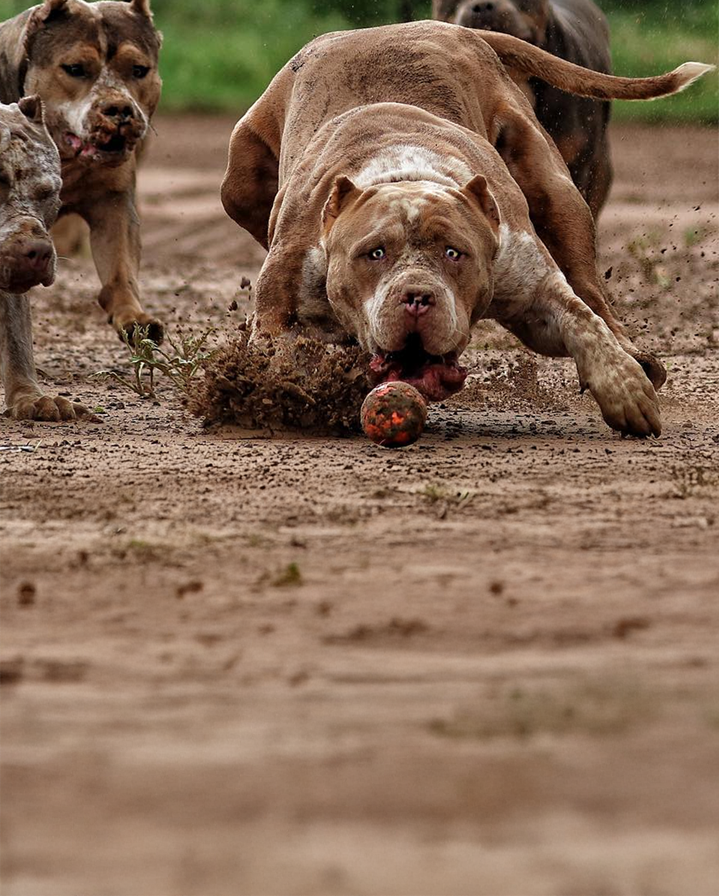
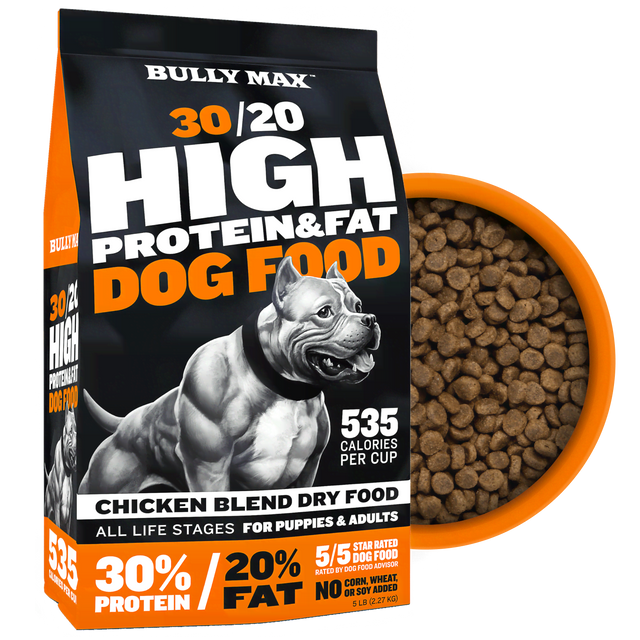
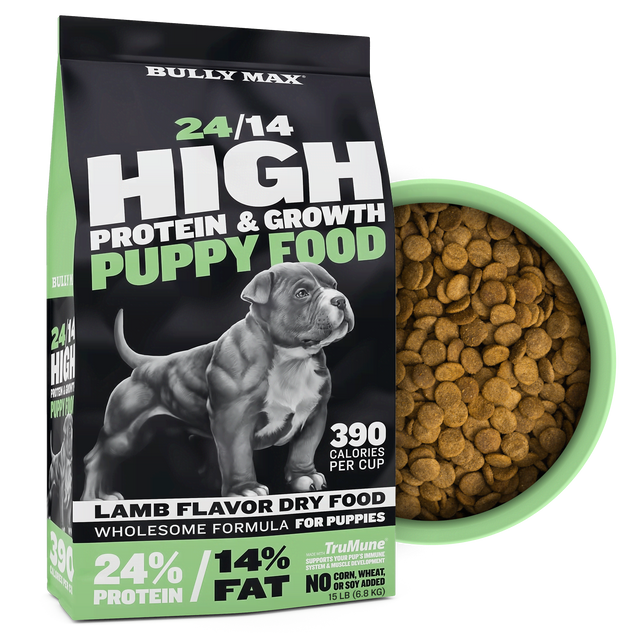
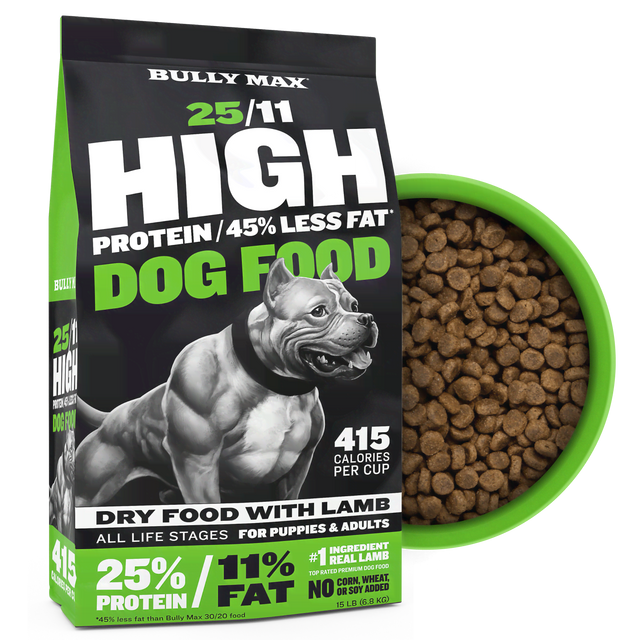
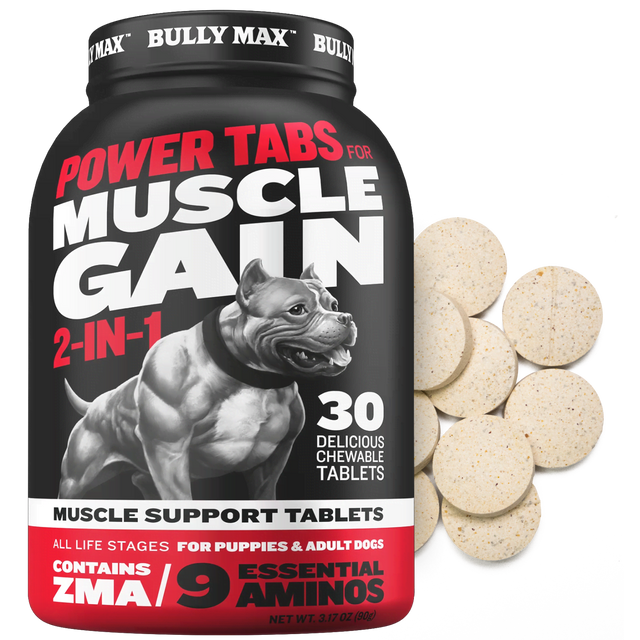




3 comments
Another problem I have is getting his smell out of his blankets. I’ve washed them 3 times and they still smell. Any suggestions please?
Thank you so much I will get started right away dog smells real bad😀
Thank you so much this information is very much appreciated and informative.